Eid 2026 Celebration After Complete Ramadan 2026, Know When Eid Ul Fitr Will Be Celebrated. Eid Ul Fitr 2026 Date: Eid is expected to be celebrated on March 20, 2026.
Ramadan 2026 started in February 2026, and Eid will be celebrated on 19 March 2026. The Muslim community sits in the aiteqaf and prays in Shab e Qadr holy night and day times. In this Ashra of Ramadan, 21, 23, 25, 27, & 29 are the nights of Shab-e-Qadr; any one night will be the Shab of Ramadan Mubarak.Eid Mubarak Will Wishing In The Eid al-Fitr 2026 Date: All Muslims will celebrate this festival of Eid after the end of Ramadan month. Eid al-Fitr is one of the important festivals of Islam where it is also known as sweet Eid or meethi Eid.
This year, the Eid festival is expected to be celebrated on 19 March 2026. All Muslim people will gather in the Idgah and offer Eid prayers on this auspicious day. It is supposed to be mandatory for every Muslim to pay Fitra, which is Zakat before Namaz. Let's see how Muslims will celebrate Eid al-Mubarak 2026 in the holy period.
 |
| Happy Eid 2026: Eid Ul Fitr Namaz And Eid Moon 2026 |
Eid Kab Hai 2026 Date - When is Eid ul Fitr 2026, Ramadan Eid Moon Namaz?
On this Eid day, sweet sevaiya and quality dishes are made in the homes. Check out and try these delicious dishes for your Eid party. Those who are divided into friends and family. After Namaz, all people hug each other and say, Eid Mubarak. It is said that for the first time, Eid, Prophet Muhammad celebrated the year 624 in the delight of the succeeding war.These days, the Muslim community people sit in the aiteqaf and pray to Allah day & night. According to the faith, Allah may forgive all the sins of those who sit in the third Ashra prayer in prayer. Some people of Muslims sit in the aiteqaf from the 20th Roza and leave on the day they see the moon of Eid 2026. For the last 10 days of Ramadan, all doing fasts and eating ban recite the Namaz-Quran and all prayers to Allah only. Also, read Taraweeh namaz all night of Ramadan.
The Dates of Shab-E-Qadr (Date of Shab-E-Qadr 2026): This Ramadan, the night of Shab e Qadr is 21, 23, 25, 27, and 29 in the last Ashara of Mubarak month of Ramadan the night of Shab-e-Qadr. Muslims consider that on this night, God blesses and righteousness rains. Momin also proposes special prayers, and the Quran is read throughout the night to seek Allah's blessings and mercy. Shab-e-Qadr is stated to have a peaceful and happy night. The warmth remains normal on this night, and the moon shines splendidly either during the night or throughout the day.
When is Eid Al-Fitr 2026 in India?
We wish you all Happy Eid Mubarak 2026 in Advance & hope you like to know more about Eid Kab Hai 2026 Me, the Eid 2026 date, and the day when Eid-ul-Fitr 2026 is.
Feel free to share this post with your friends on social media sites and inform them about the Eid 2026 date, released with Shab e Qadr Nights of Ramadan.
To get updates, just follow by email for other Eid updates and the latest updates on Eid Moon/Eid Ul Fitr 2026 moon or Eid Chand Mubarak alert.



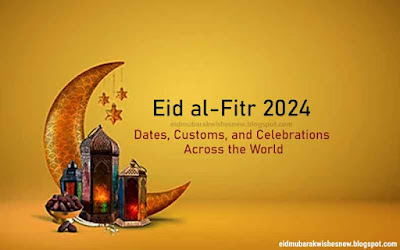

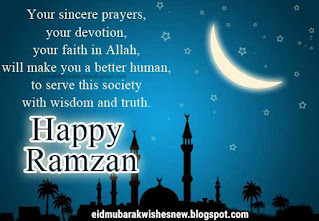






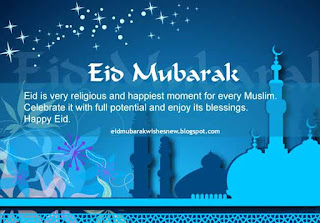



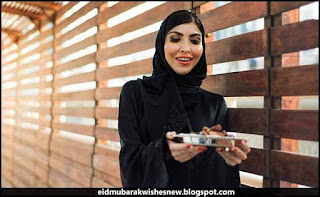
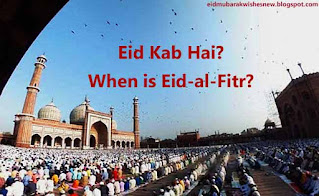






![50+ Eid Mubarak Wishes In English Happy Eid Greetings [2026] 50+ Eid Mubarak Wishes In English Happy Eid Greetings [2026]](https://blogger.googleusercontent.com/img/b/R29vZ2xl/AVvXsEg7g-7mSZ1Mm7bVzYxT9U_7OhMMpB5pkbKiJkBfJWwQjMt7V2xs-2T9ooLwUsGEPJB-gpxdDrRrothO2Qh_wNWm2hvFQTZj7U_GeMJBweNAxtMSBgUevpGavMmvIpw0A_wHHuRGFMRyQMk/s72-w320-c-h163/Eid-Mubarak-Wishes-In-English-Happy-Eid-Greetings-By-eidmubarakwishesnew.jpg)



